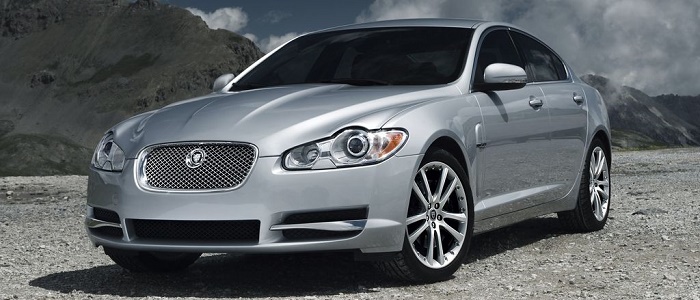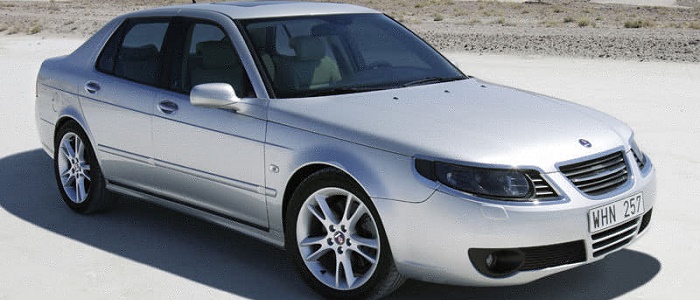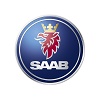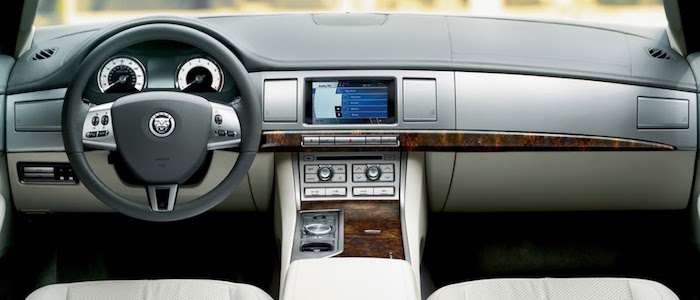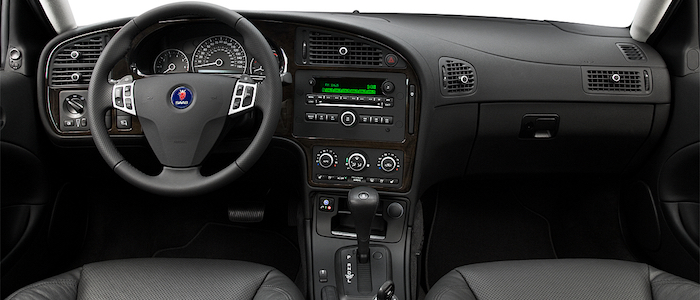Compare two cars
Compare any two cars and get our Virtual Adviser™ opinion
Marketing
Dimensons & Outlines
Engine
Performance (manual gearbox)
Performance (automatic gearbox)
Expenses
Virtual Adviser's™ opinion
Two significantly similar cars, no doubt about that. Still, each one has something different to offer. Having both cars powered by diesel engines and utilizing the 4-door sedan body style within the same 'Luxury car' segment, the only major difference here really is their wheel drive configuration (rear for the Jaguar and front in the case of the SAAB). The first one has a Ford-engineered powertrain under the hood, a 6-cylinder, 24-valves 275hp unit, while the other one gets its power and torque from a 4-cylinder, 16-valves 150hp engine designed by FIAT.
SafetyThe first thing to look into here would be the results from European New Car Assessment Programme (Euro NCAP) tests performed on the two cars. Good thing is that both vehicles got tested, with the SAAB being a slightly better choice apparently. Still, apart from the official crash test results there are other things we need to be aware of. Both vehicles belong to the luxury car segment, which is generally a very good thing safety-wise, but that fact doesn't break the tie between the two cars. Furthermore, if we'd like to consider vehicle mass in this context too, which we definitely should, the British car offers a considerable difference of 21% more metal.
ReliabilityI don't like generalizing things when it comes to reliability, although it does seem that SAAB does have a slight advantage, at least on all of the models level. These are the official statistics, while our visitors describe reliability of Jaguar, as well as SAAB, with the same average rating of 4.1 out of 5. Unfortunatelly, I don't have enough insight that would allow me to comment in more details on the specific models level. Above it all, drivers of cars with the same engine as the British car rank it on average as 3.0, while the one under the competitor's bonnet gets 4.1 out of 5.
Performance & Fuel economyJaguar is way more agile, reaching 100km/h in 4.3 seconds less than its competitor. In addition to that it accelerates all the way to 250 kilometers per hour, 45km/h more than the other car. When it comes to fuel economy things look pretty much the same for both cars, averaging around 6.6 liters of fuel per 100 kilometers (43 mpg), in combined cycle.
Verdict
SAAB appears just a bit more reliable, although the difference is truly marginal. The most important thing when deciding between any two vehicles should always be safety, both passive and active. In this case though, it seems that both cars show similar levels of passenger protection all together, so that won't break a tie. But one thing that actually could is the performance, with Jaguar outracing its opponent in any situation possible, making it better choice for boy racers. It does come at a cost though, and that's the fuel consumption... At the end, as much as I'd like to give you a winner here, it's simply a pure tie if you ask me. In any case that's my personal view, built upon all the data available to me. What should decide here though is the way you feel about the two vehicles, and I hope you'll find my guidelines useful in the process. In case you have two minutes to spare I invite you to define your needs, desires and budget and see which car would be chosen by the virtual adviser™, out of 12.000+ vehicles we currently have in our database.























